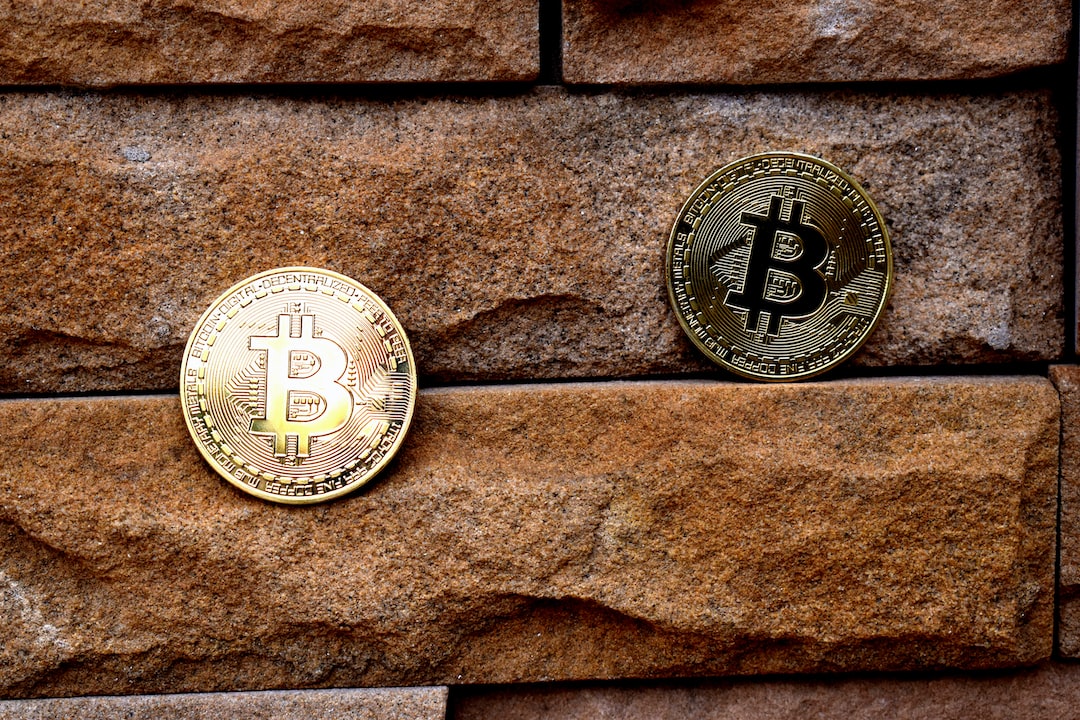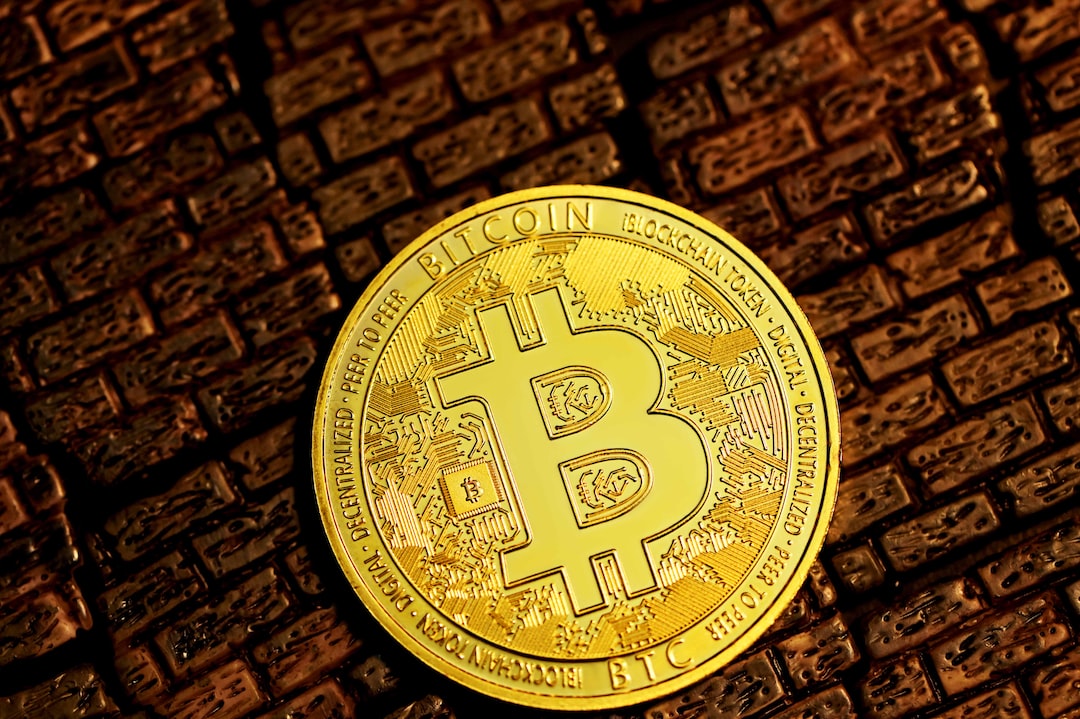The U.S. Dollar Holds Strong as GDP Data Surprises to the Upside
The U.S. dollar remained firm on Friday after an overnight rise, as traders assessed the impact of better-than-expected domestic GDP data on the Federal Reserve’s rate path. Additionally, investors awaited key inflation data later in the day.
Meanwhile, the euro was under pressure following the European Central Bank’s (ECB) recent monetary policy meeting, where interest rates were held at a record-high 4%.
The official data on advance GDP estimate in the United States revealed that gross domestic product in the last quarter grew at a 3.3% annualized rate, surpassing the consensus forecast of 2% growth. The report also showed a decrease in inflation pressures.
According to Charu Chanana, head of currency strategy at Saxo in Singapore, “US GDP data re-affirmed soft landing hopes for the US economy, but the bond market focused more on the disinflation component of the report which pushed yields lower. The dollar, however, held up.”
Dollar Index and Treasury Yields
The dollar index, which measures the greenback against major currencies, hovered around 103.52 after a 0.2% increase overnight. It has gained about 2% so far this year.
U.S. Treasury yields declined, with the benchmark 10-year yield dropping to 4.11% in Asian morning trading.
Market expectations indicate a 50% chance of a rate cut in March, compared to 75.6% a month ago according to the CME FedWatch tool. Chanana added that “pressure on yields and dollar could increase if December PCE comes in softer than expectations today.”
Euro and Sterling Movement
The euro was last valued at $1.0841, after reaching a six-week low of $1.08215 on Thursday.
Meanwhile, sterling consolidated around $1.2703 ahead of the Bank of England’s upcoming decision on interest rates.
Inflation and the Yen
The yen remained stagnant at around 147.56 per dollar after sliding further overnight due to a more hawkish tone from the Bank of Japan earlier this week.
Recent data revealed that core inflation in Japan’s capital slowed to 1.6% in January, falling below the central bank’s 2% target. This has raised doubts about the Bank of Japan’s commitment to ending negative interest rates.
According to Marcel Thieliant, Capital Market’s Head of Asia-Pacific, “the plunge in inflation to well below 2% in Tokyo last month was broad-based, casting doubt on the Bank of Japan’s willingness to end negative interest rates.”
Cryptocurrencies: Bitcoin Falls Slightly
In the world of cryptocurrencies, bitcoin experienced a minor decline of 0.1%, with its value at $39,858.20.
Hot Take: The U.S. Dollar Remains Strong Amidst Positive GDP Data
The U.S. dollar held its ground following better-than-expected domestic GDP data and a rise in bond yields. Meanwhile, the euro faced pressure after the ECB’s monetary policy meeting where interest rates were maintained at a record high. In Japan, inflation remains below target levels, casting doubt on the Bank of Japan’s stance on negative interest rates. As for cryptocurrencies, bitcoin saw a slight decrease in value. Overall, these developments highlight ongoing economic trends and investor sentiment.





 By
By
 By
By


 By
By
 By
By